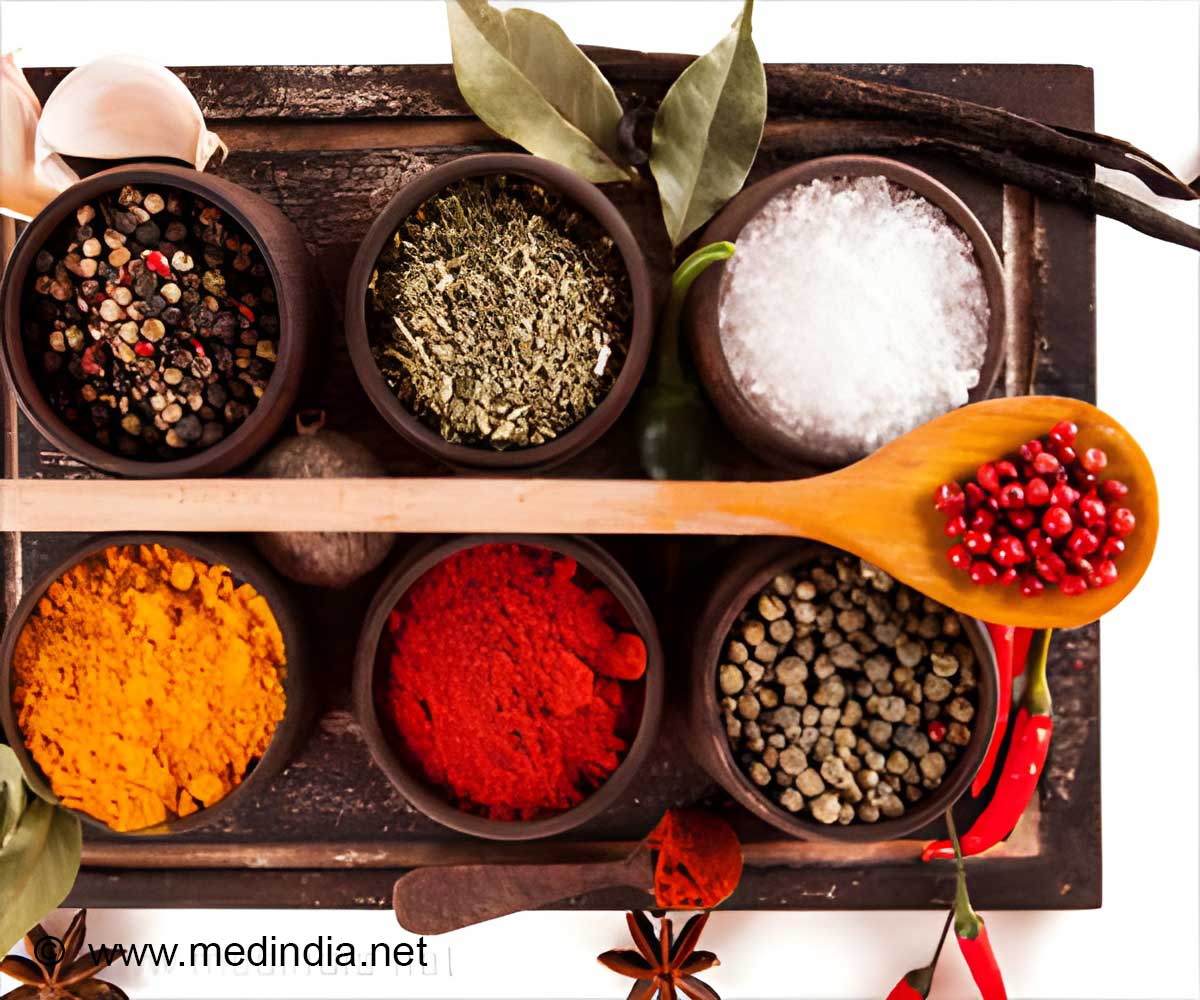FSSAI refutes media claims of higher pesticide levels in spices, reaffirming India's stringent standards.

Ministry of Health and Family Welfare
Go to source). The FSSAI vehemently denied the reports, asserting that India maintains some of the strictest MRL standards globally. These standards are pivotal in ensuring the safety and quality of food products consumed by the populace. The authority reiterated its commitment to upholding rigorous regulatory measures to safeguard public health.
‘Over 295 pesticides are registered in India for food use, ensuring rigorous safety measures. #foodsafety #regulation #medindia’





Highlighting the complexity of setting MRLs, the FSSAI explained that these limits vary across different food commodities based on comprehensive risk assessments. These assessments consider various factors to determine appropriate pesticide residue levels, ensuring minimal risk to consumers.Response to Hong Kong Food Regulator’s Action
The FSSAI’s statement comes in response to recent actions taken by the Hong Kong food regulator, which banned specific spice blends from prominent Indian brands MDH and Everest. This ban was imposed due to reported residues of pesticide ethylene oxide found in samples. However, the FSSAI clarified that it has stringent regulations in place to monitor and regulate pesticide residues in food products.Pesticide Regulation in India
The regulatory framework governing pesticide usage in India falls under the purview of the Ministry of Agriculture and Farmers Welfare. The Central Insecticide Board and Registration Committee, established under the Insecticide Act of 1968, oversee various aspects, including manufacturing, import, transportation, storage, registration, and regulation of pesticides.The FSSAI’s Scientific Panel on Pesticides Residues collaborates closely with the Central Insecticide Board and Registration Committee. Together, they conduct thorough risk assessments based on data to determine appropriate MRLs for different food items, including spices. To date, the Committee has registered over 295 pesticides, with 139 specifically approved for use in spices.
In conclusion, the FSSAI has unequivocally rejected allegations of permitting higher pesticide residues in herbs and spices. The authority reaffirmed India’s commitment to maintaining stringent MRL standards and ensuring the safety and quality of food products. Collaborative efforts between regulatory bodies continue to drive comprehensive risk assessments and regulatory measures to safeguard public health and consumer interests.
Advertisement
- Ministry of Health and Family Welfare - (https://www.fssai.gov.in/upload/uploadfiles/files/Licensing_Regulations.pdf)
Source-IANS















